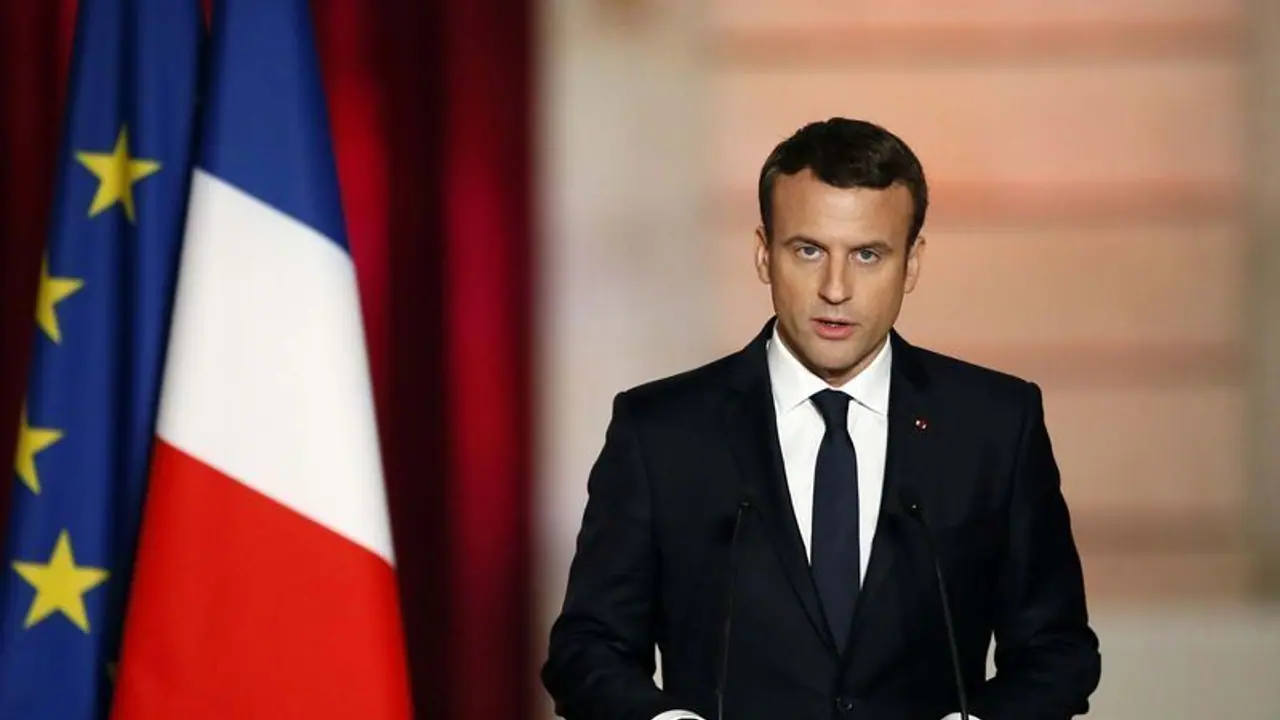The worldwide campaign for a minimal international tax on large businesses took a step closer to reality on Friday, when Hungary, one of the last holdouts, decided to join a proposal that now has 136 signatories.
French President Emmanuel Macron on Saturday praised the "historic" agreement of 136 nations on establishing a minimum tax rate for multinational corporations as a significant step forward in fiscal fairness. The OECD-brokered agreement, which establishes a global tax rate of 15%, is intended to prevent multinational businesses from lowering their tax costs by registering in countries with low rates. The worldwide campaign for a minimal international tax on large businesses took a step closer to reality on Friday, when Hungary, one of the last holdouts, decided to join a proposal that now has 136 signatories.

Hungary's declaration came just a day after Ireland, another significant opponent whose low tax rate has lured the likes of Apple and Google, decided to join the global campaign.
On Thursday, Estonia also joined the reform. The 136 countries already onboard account for 90 per cent of global GDP. According to the agreement, they will collect around 150 billion euros ($175 billion) in additional income beginning in 2023. "We have been fighting for four years for fair taxes on multinationals and digital giants," Macron said on Saturday.
Also Read | 'Europe needs to stop being naive,' says Emmanuel Macron after France signs warship pact
"The OECD accord on taxation is historic. Every multinational corporation will be required to pay a minimum of 15% tax. This is a significant step forward for tax justice," the French president took to Twitter. Some non-governmental organisations and economists believe the tax shift is inadequately ambitious and would increase disparities between wealthy and developing nations. According to Oxfam, the poorest countries will get fewer than 3% of the additional tax collections.
Earlier in September, France was thrown into an unprecedented diplomatic crisis with the United States, Australia, and Britain over a trilateral nuclear security agreement that sunk a multibillion-dollar French-designed submarine contract with Canberra. Europe must stop being naive when it comes to defending its interests and instead invest in its military capabilities, French President Emmanuel Macron said, following the signing of a deal for three French frigates worth around three billion euros ($3.51 billion).
